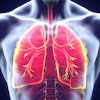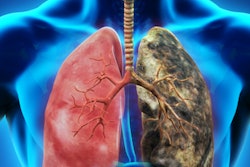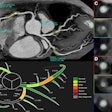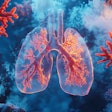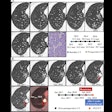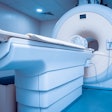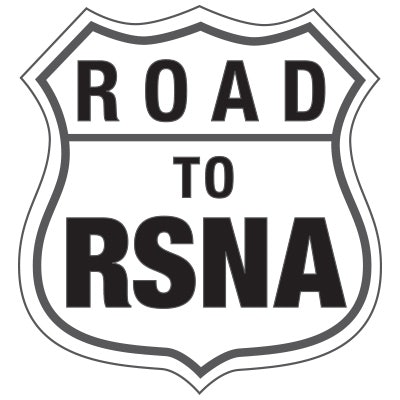
The vast number of CT presentations at RSNA 2019 is a testament to the modality's resilience and its value to the medical imaging community. Of the numerous factors that have contributed to CT's long-standing relevance, its adaptability certainly ranks high among them.
This year's RSNA meeting looks to serve as a reminder of just how adaptable CT continues to be: Presentations will reaffirm the utility of tried-and-true imaging techniques and also feature relatively new technologies that have already begun reshaping the approach radiologists take to common clinical applications.
Perhaps one of the best examples of this theme lies in the diagnostic evaluation of heart disease. Researchers will discuss the benefits of traditional coronary CT angiography (CCTA), one of the most reliable noninvasive methods for examining patients suspected of having coronary artery disease. At the same time, other groups will highlight the ever-growing list of evidence backing the integration of fractional flow reserve analysis derived from CCTA (FFR-CT) into coronary artery disease evaluation.
Several presentations will demonstrate the flexibility of using CT for lung cancer screening as well. Though CT lung screening was proved effective years ago, clinicians continually seek to improve upon the finer details of the test, including the optimal follow-up screening interval for negative exams and nodule management guidelines. What's more, researchers will propose making CT lung screening even more comprehensive by adding other tasks such as coronary artery calcium scoring to the exam.
Still another illustration of CT's versatility resides in ongoing efforts to reduce radiation dose through technological advancements. For their part, investigators from the Mayo Clinic and the U.S. National Institutes of Health will share how photon-counting CT scanners at their institutions allowed for dramatic dose reductions.
Other notable concepts concerning CT include the growing use of dual-energy CT, as radiologists become more familiar with the technique and the ideal parameters for different clinical indications; the application of artificial intelligence algorithms to CT scans; and the development of new methods for enhancing spatial resolution.
These topics are detailed in a selection of CT presentations covered in the list below. Those interested in the complete catalog of scientific abstracts and educational programs may access them via the RSNA 2019 meeting program.


